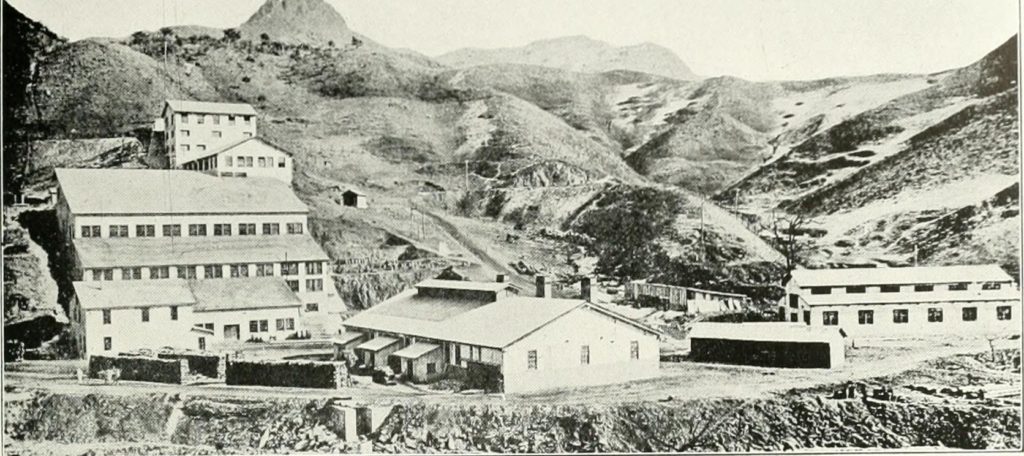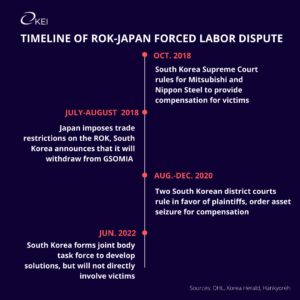The Peninsula
Roadblocks to a Successful Resolution of the South Korea-Japan Forced Labor Dispute

With President Yoon Suk-yeol’s stated goal of improving Korea-Japan relations, policy observers point to the long-standing historical legacies issues as the key hurdles to reconciliation. In particular, recent talks between the ROK Foreign Minister and his Japanese counterpart stressed the importance of resolving the issue of compensation for Korean victims of Japan’s wartime forced labor. As legal rulings by Korean courts make way for the potential seizure of assets owned by Japanese firms that participated in the crime, bilateral relations could be strained if there is no settlement.

However, rushing to a deal could also harm ROK-Japan relations. The failure of the 2015 comfort women agreement demonstrated how deals that lack domestic support exacerbate tensions down the line. Although meant to be a “final and irreversible” agreement, widespread opposition from the South Korean public and victims themselves led to Seoul scrapping the deal and leaving Tokyo unwilling to return to the negotiating table.
While the 2015 agreement was expediently negotiated by executive fiat, it lacked the requisite domestic support. Likewise, focus on a diplomatic solution to the dispute may not garner internal consensus. Foremost, the issue is complicated and involves South Korean courts. As the Supreme Court and multiple district courts ruled in favor of the victims, Seoul will need to reconcile the decisions of the legal system with its own diplomatic agenda. Given its sensitivities, disentangling these priorities will likely demand brainstorming and support from experts and scholars in civil society. Already, the absence of input from victims’ groups has sparked criticism.
This briefing comes from Korea View, a weekly newsletter published by the Korea Economic Institute. Korea View aims to cover developments that reveal trends on the Korean Peninsula but receive little attention in the United States. If you would like to sign up, please find the online form here.
Korea View was edited by Yong Kwon with the help of Jae Chang, Kaitlyn King, Yu Na Choi, and Mai Anna Pressley. Picture from the flickr account of Internet Archive Book Images
